The Algarve is renowned for its luxury resorts, offering guests a comprehensive holiday experience with a wide array of activities and services. Unlike traditional hotels, resorts provide extensive leisure facilities including spas, golf courses, tennis, and football, alongside recreational programs for all ages, diverse dining options, and personalized services like shows and tours.
However, the region's focus on catering to tourists and certain affluent segments raises questions about the disparity in public welfare and development indices, which seem disproportionate to the economic profits generated. The Algarve's management appears to prioritize tourism, often at the expense of local needs, leading to underinvestment in public housing, transportation, and healthcare.
The surge in luxury real estate, driven by foreign investment and speculative funds, has exacerbated housing shortages for locals, while tourists, often unaffected by the region's infrastructural shortcomings, enjoy the all-inclusive resort experience. This dichotomy highlights a region operating at two speeds: one of excellence for visitors and the wealthy, and another of struggle for residents and workers.
The article prompts a reflection on who truly benefits from the Algarve's transformation into a resort-dominated landscape, questioning the sustainability and equity of such a model for the local community.













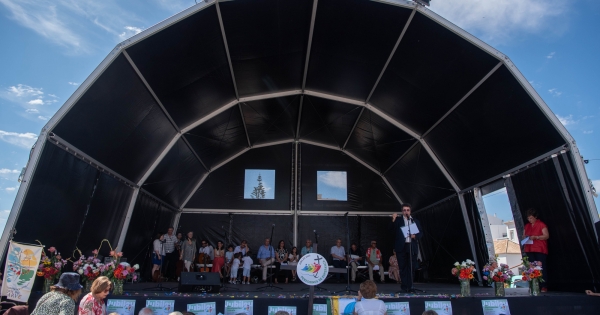
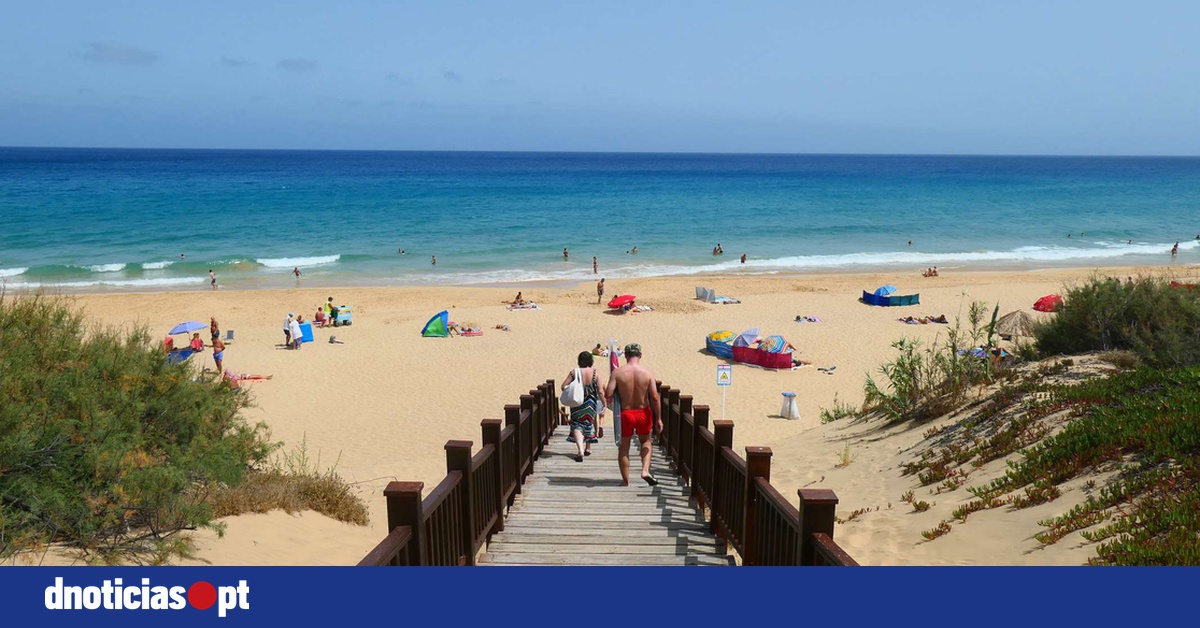

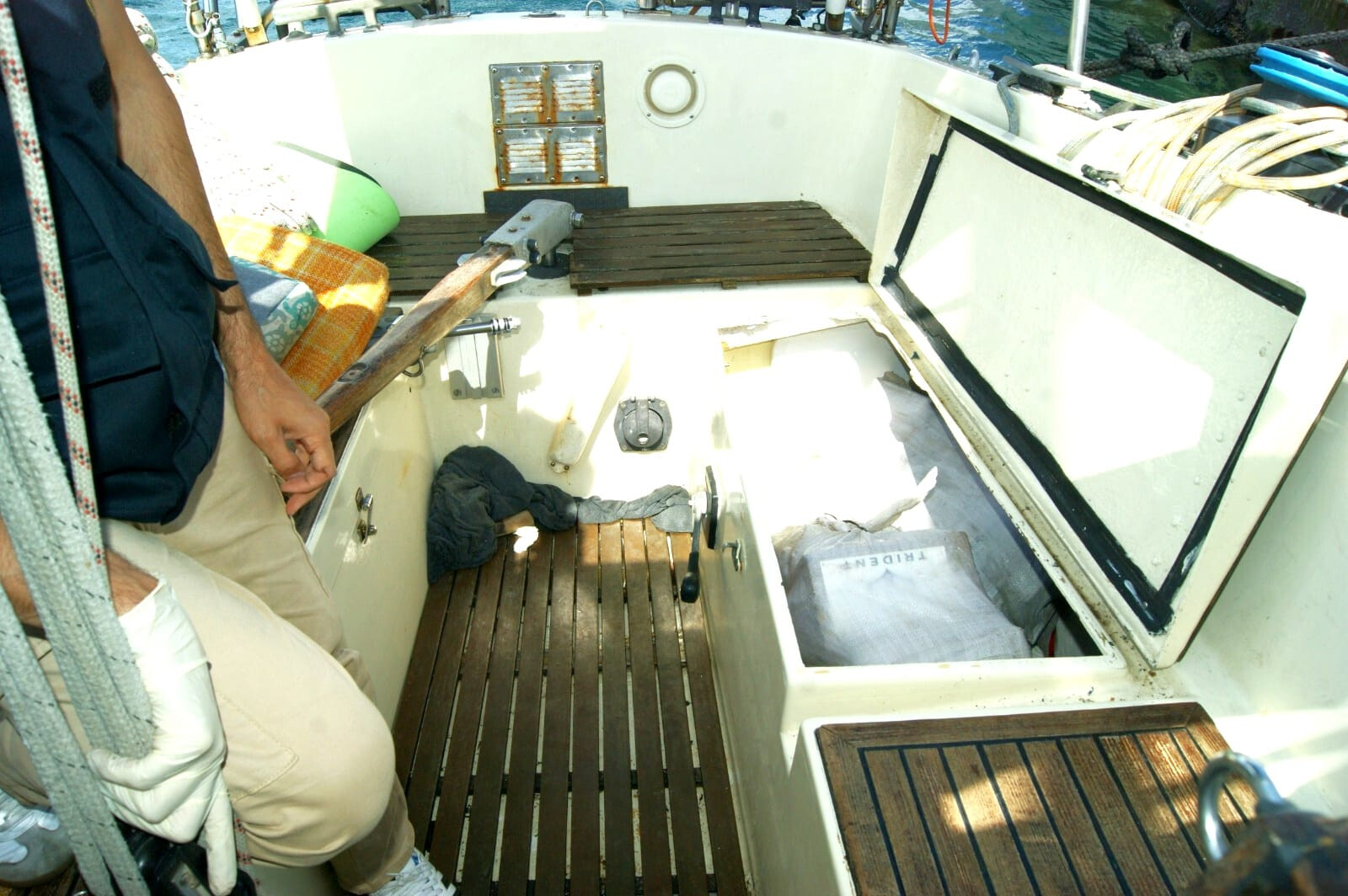




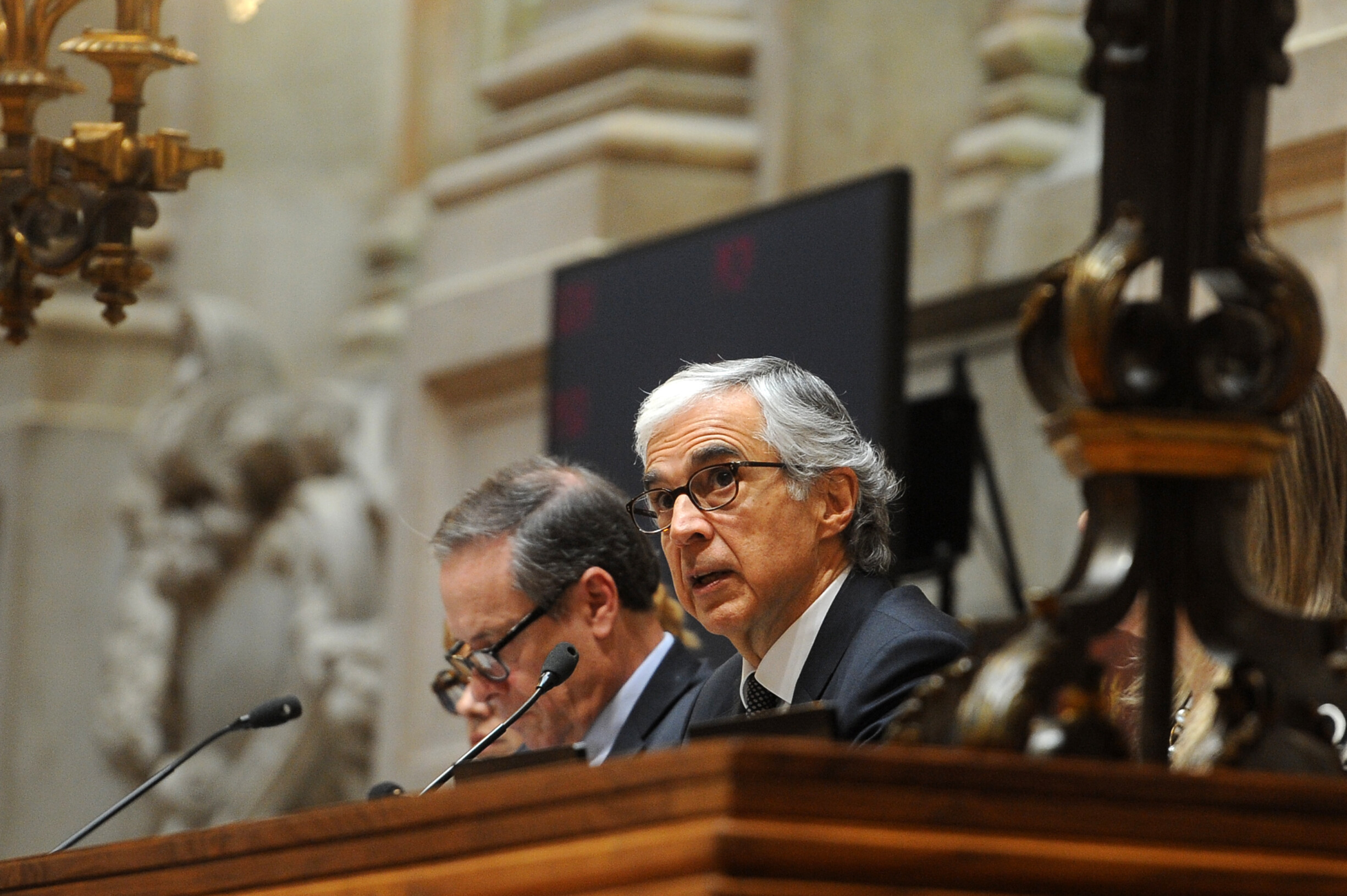

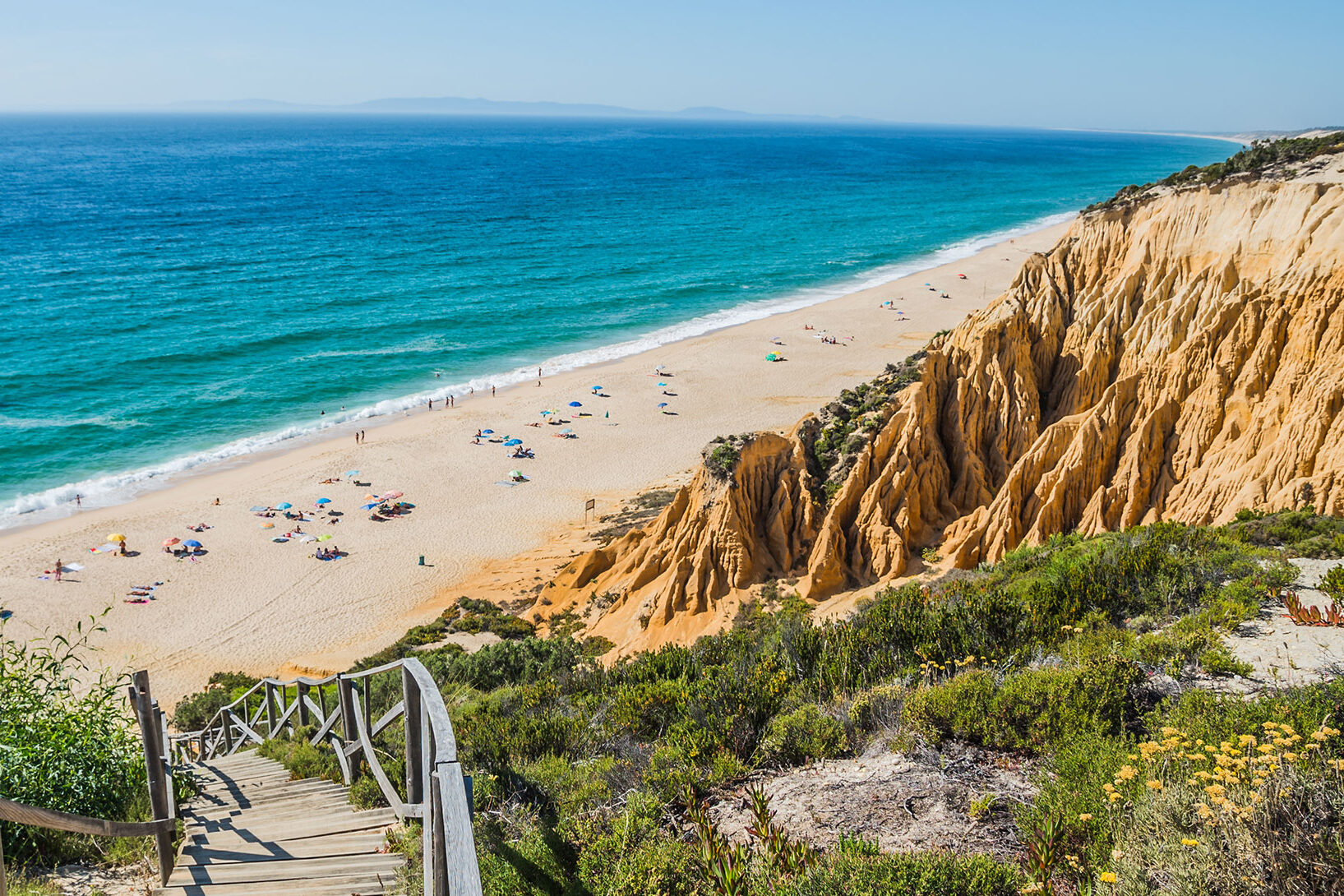


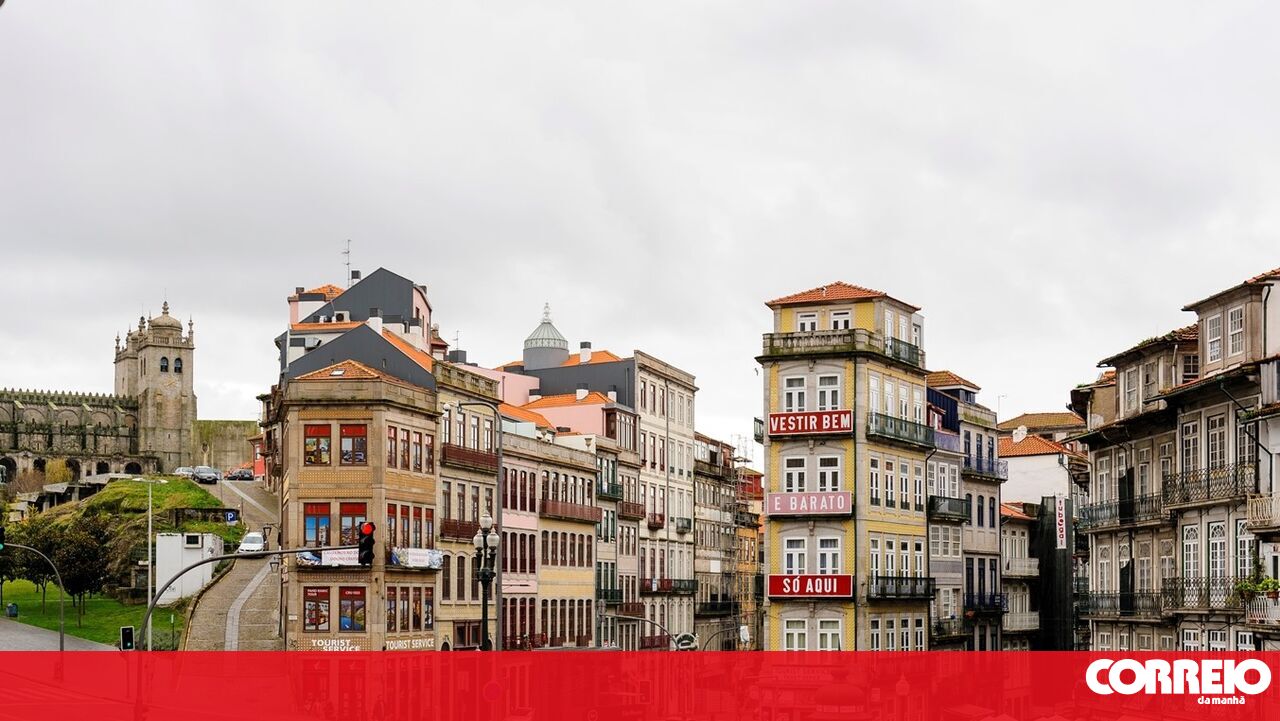
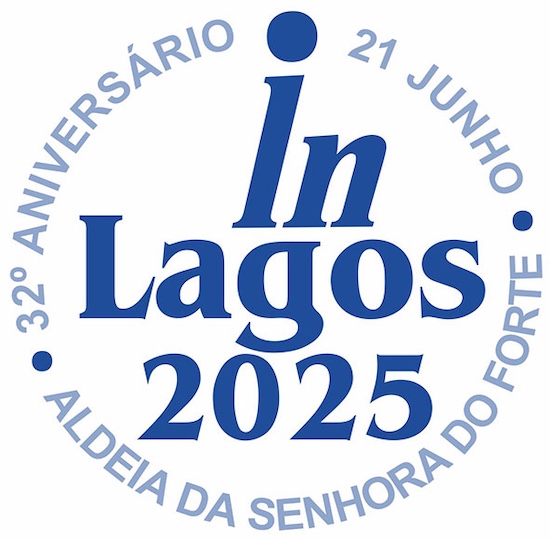


Comments
Join Our Community
Sign up to share your thoughts, engage with others, and become part of our growing community.
No comments yet
Be the first to share your thoughts and start the conversation!